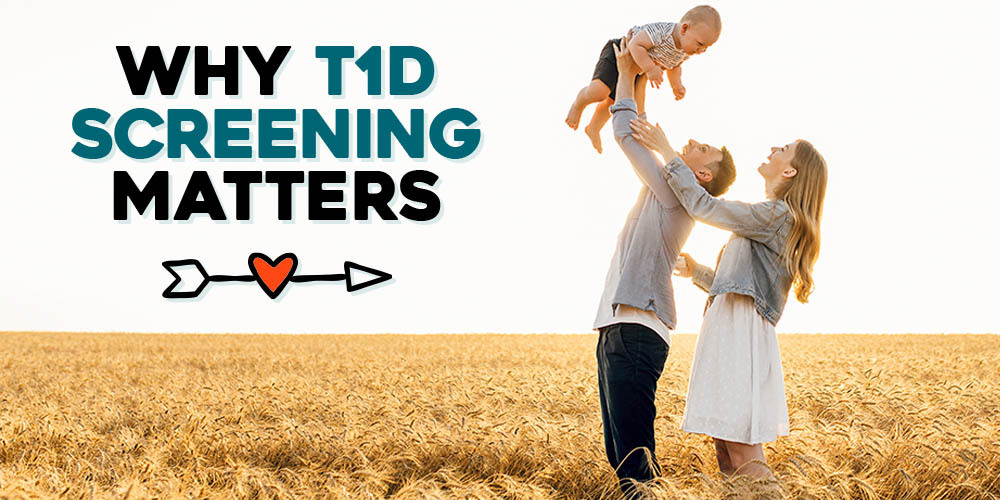
- Screening for type 1 diabetes is widely available, but many people still aren’t getting screened or having their children screened.
- People can be resistant to screen for many reasons, including fear, avoidance, lack of knowledge about treatment options, misconceptions about diabetes, and financial concerns.
- There are many benefits to screening for type 1 diabetes, including illness prevention, education, treatment interventions, and time for proactive health management.
Reading Time: 6 minutes
Did you know that up to 90% of people diagnosed with type 1 diabetes don’t have a family history of the condition? Interestingly, if you have a first-degree family member with type 1 diabetes (your mom, dad, sister, brother, kids), you’re up to 15 times more likely to develop type 1. You also have a higher risk if you have an autoimmune condition like celiac disease, hyperthyroidism (Grave’s Disease), and hypothyroidism (Hashimoto’s Thyroiditis).
What that tells us is that screening for type 1 diabetes is especially important if you have a family history of the condition, but it’s also important even if you don’t!
In a recent poll, 68% of adults with type 1 diabetes who did not screen say they regret not taking an autoantibody test to better understand their risk of developing T1D. 93% of caregivers say they wish they had learned about their loved one’s risk of developing T1D prior to their diagnosis.
Despite the increasing availability of diabetes screening, many people aren’t getting tested or getting their children tested.
Why? What makes people reluctant to get screened? And what are the benefits of screening?
We address these questions about diabetes screening and more below.
Why People Aren’t Screening Themselves or Their Kids for Type 1 Diabetes
There are several key reasons why people aren’t screening for type 1 diabetes. Understanding the challenges is crucial for supporting people who are especially at risk.

Lack of Awareness
Many people are simply unaware that type 1 diabetes screening exists. Unlike some other conditions where screening is widely promoted (such as cancer or heart disease), type 1 diabetes screening is not yet a routine recommendation in most healthcare systems. If people don’t know they can be screened, they won’t seek it out.

Fear of a Positive Result
One of the biggest reasons people avoid screening for type 1 diabetes is fear. Finding out that you (or your child) are at risk for developing T1D can be emotionally overwhelming, especially if you are not knowledgeable about type 1 diabetes.
Many people worry about what a positive result would mean for their future or their child’s future, how it would impact their life, and whether they can handle the responsibility of diabetes management.

Not Wanting to Be a Guinea Pig
Some people are afraid they’ll be pressured into clinical studies or experimental treatments they don’t want to take part in. They’re afraid that they (or their kids) will end up being a guinea pig.
However, there are many benefits to participating in a research study. You typically get a free, full history physical, comprehensive lab work, diabetes supplies if applicable, and extra attention from clinical research staff.
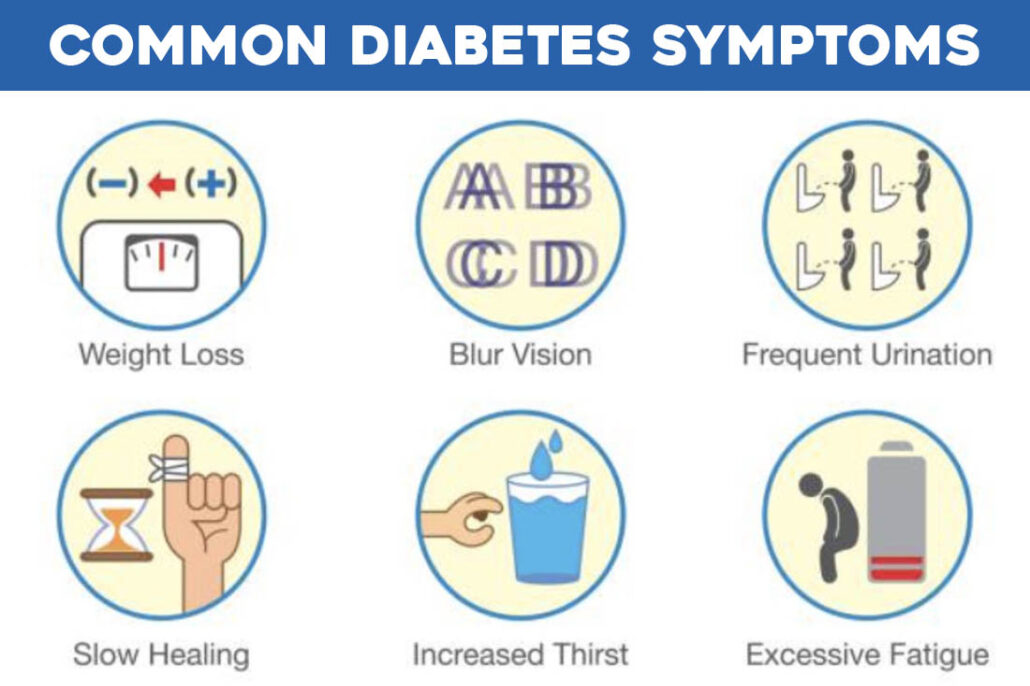
No Obvious Diabetes Symptoms
Since type 1 diabetes often develops suddenly, some people may believe there’s no need to test unless symptoms appear.
However, by the time diabetes symptoms arise—such as excessive thirst, frequent urination, weight loss, and fatigue—the disease has already progressed to the clinical diagnosis stage.
Screening early can help prevent a dangerous condition called diabetic ketoacidosis (DKA), which often involves a trip to the ER and/or intensive care unit!
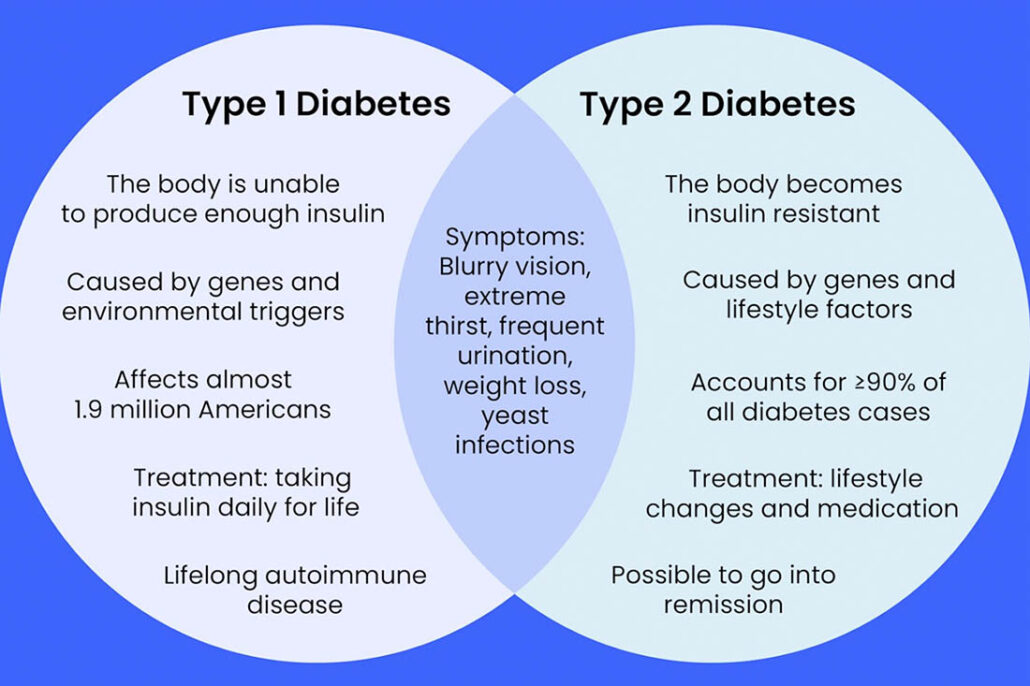
Misconceptions About Diabetes
Some people mistakenly believe that type 1 diabetes is caused by a poor diet. Because of this misunderstanding, they may think they or their child are not at risk if they maintain a healthy lifestyle.
In reality, type 1 diabetes is an autoimmune condition that is not linked to lifestyle choices, meaning anyone can develop it at any age, regardless of how healthy they are. In addition, many people think type 1 diabetes is not hereditary.

Concerns About the Emotional and Financial Burden
Some people worry that a positive result will cause anxiety. Others are concerned about the cost of testing and potential follow-up care, especially if they aren’t sure if their insurance will cover the expenses.

Uncertainty About Next Steps
A major barrier to diabetes screening is not knowing what to do with the results. If a person tests positive for the markers of type 1 diabetes they may wonder, what now?
Since there is no cure, some may feel that knowing ahead of time won’t make a difference. However, early knowledge provides valuable opportunities for treatment intervention, preparation, and education about diabetes management.
The Benefits of Type 1 Diabetes Screening
Although it’s understandable why some people might be hesitant to screen for type 1 diabetes, many people often feel empowered to screen after learning about all the advantages that can lead to better health outcomes.
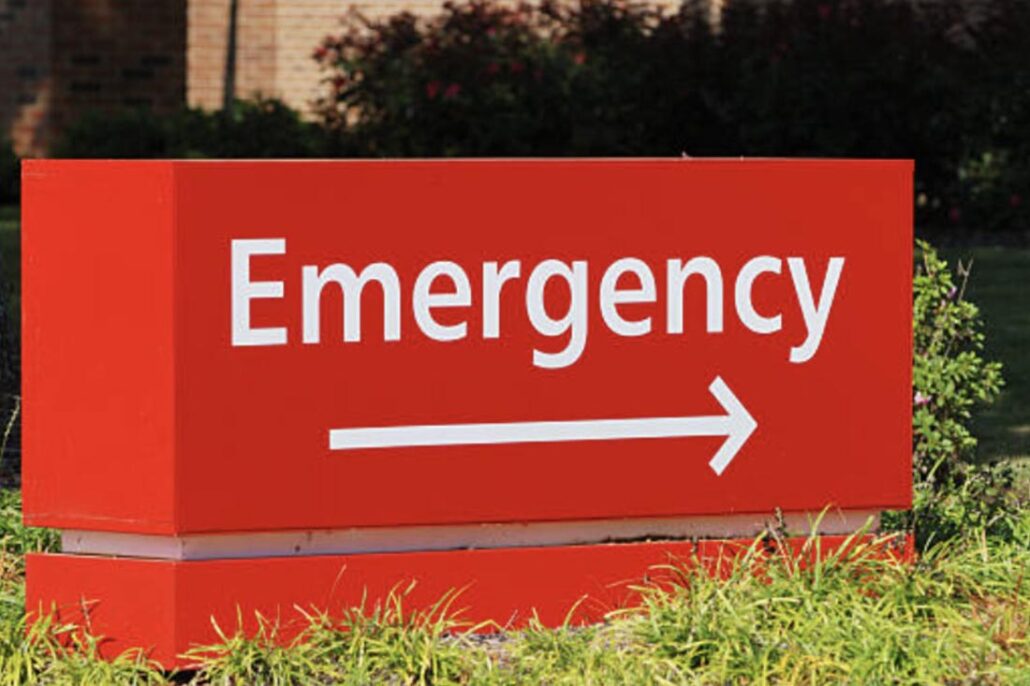
Early Detection Can Prevent Severe Illness
Type 1 diabetes often isn’t diagnosed until a person is in DKA, a life-threatening condition that occurs when the body doesn’t have enough insulin. Studies show that people who are diagnosed through routine screening are far less likely to experience DKA.
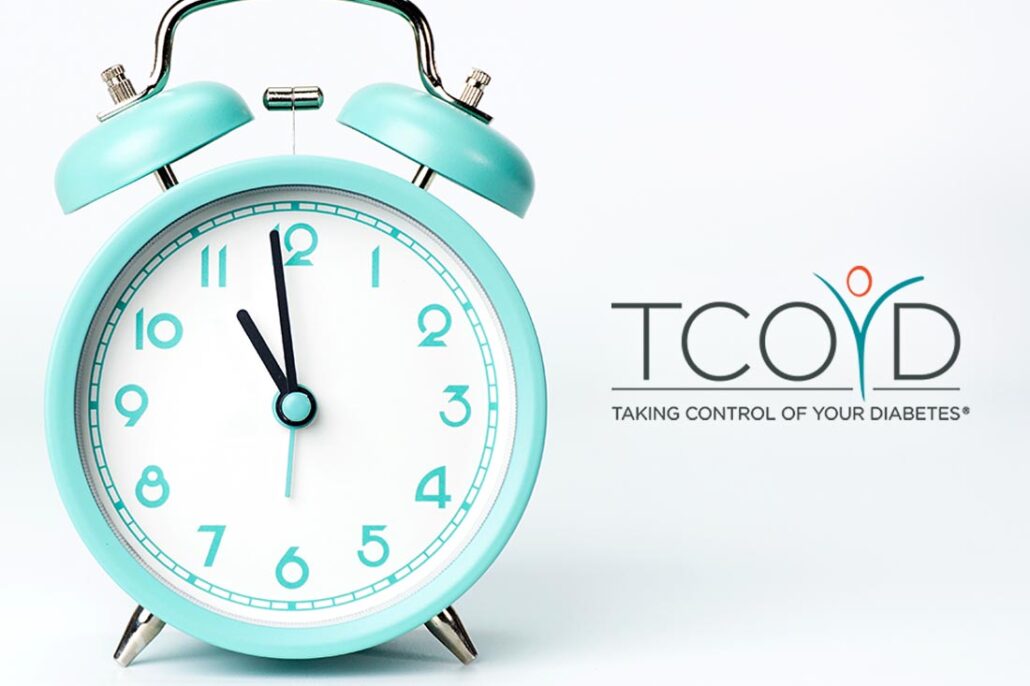
More Time to Prepare for Type 1 Diabetes Management
A sudden diagnosis of type 1 diabetes can be overwhelming. If screening reveals that someone is at risk, they have time to learn about diabetes management, connect with doctors and specialists, and make necessary lifestyle adjustments including getting a continuous glucose monitor (CGM) to keep an eye on their blood sugars.
Preparation can make a huge difference in easing the transition to life with diabetes. Getting the whole family on board with eating better and exercising regularly is also a good thing!
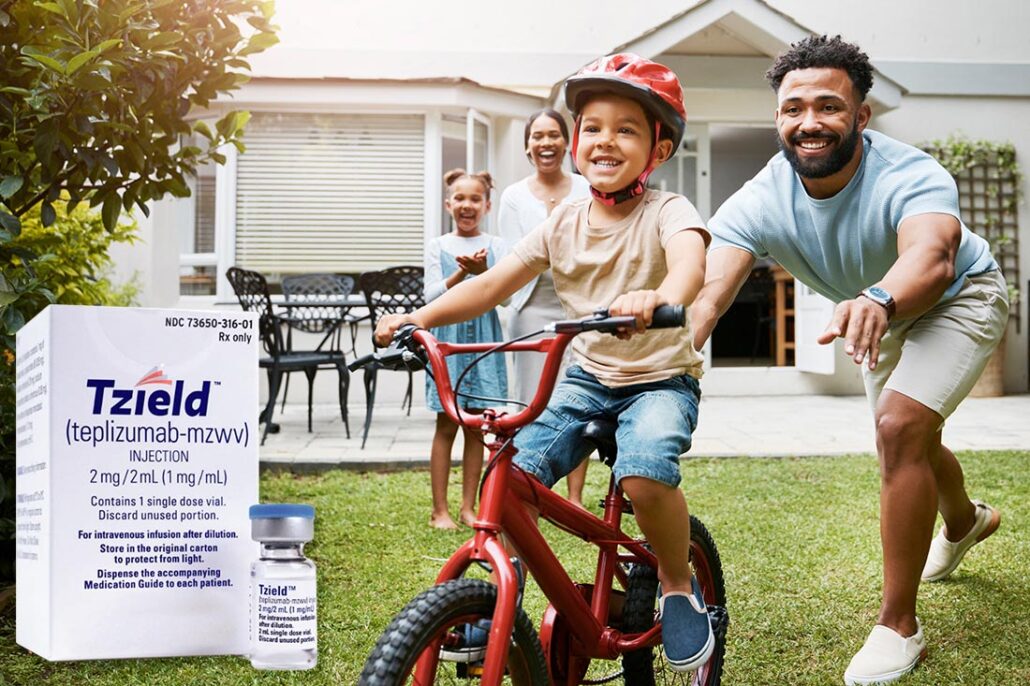
Opportunity for Early Type 1 Diabetes Intervention
Screening can open doors to participation in early intervention. Many people are not aware that there are actually three stages of type 1 diabetes.
A medication called Tzield was FDA-approved in 2022 to treat people 8 years and older with stage 2 type 1 diabetes, and it’s been shown to delay the clinical onset of T1D for years.

Peace of Mind
While a positive diabetes screening result can bring anxiety initially, it also brings clarity. Individuals and families can take proactive steps to learn about diabetes, rather than being caught off guard by a sudden diagnosis. And, if the test comes back negative, hallelujah!

Advances in Research and Personalized Medicine
By participating in diabetes screening programs, you’re also contributing to research that helps improve our understanding of type 1 diabetes. The more data researchers gather, the closer we get to finding better treatments and hopefully a cure for diabetes.
If you do enter a clinical trial, you could get access to new diabetes management medications being tested before they are available to the general public.

Protecting Family Members
Type 1 diabetes has a genetic component, meaning that if one first-degree family member has the condition, others are at higher risk. Type 1 diabetes screening can help at-risk relatives take proactive steps.
A New Era for Type 1 Diabetes Intervention
With the approval of Tzield, people who find out they are in an early stage of type 1 diabetes have options.
According to Dr. Edelman, “We now have a therapy you can take if you are identified as being in stage 2 of type 1 diabetes. Before Tzield, there was nothing anyone could do but worry. The benefit now is that you can be the recipient of this medication that has been proven to delay the onset of clinical type 1 diabetes for three years or more, on average.”
Who Should Get Screened for Type 1 Diabetes?
Anyone can be screened, but it’s especially important for those groups at risk for type 1 diabetes:
- First-degree relatives of people with type 1 diabetes (parents, siblings, or children)
- Children and adolescents (as T1D often develops in younger people, though it can occur at any age)
- People with a personal or family history of autoimmune conditions like celiac disease, hyperthyroidism (Grave’s Disease), and hypothyroidism (Hashimoto’s Thyroiditis)
How to Screen for Type 1 Diabetes
There are several ways to participate in type 1 diabetes screening:
- Ask your healthcare provider for a test at their clinic, or for a referral to a participating lab such as Quest or Labcorp. Most commercial insurance plans in the U.S. cover the cost of this type of screening in whole or in part. These labs have a common order set that contains all autoantibodies so you do not have to remember each one.
- Visit trialnet.org. TrialNet is a free screening program for family members of people with type 1, or those between the ages of 2.5 to 45 years who’ve tested positive for at least one T1D-related autoantibody outside of TrialNet.
- Visit askhealth.org. ASK (Autoimmunity Screening for Kids) provides screening for U.S. kids (ages 1-17). No family connection to T1D is required.
- Get an at-home test through a provider like Enable Biosciences. At-home tests are easy to use but may or may not be covered by insurance.
Type 1 Diabetes Screening: Key Takeaways
It’s understandable why some people may hesitate to screen for type 1 diabetes, but the benefits of early detection far outweigh concerns.
Fear, lack of awareness, and misconceptions often prevent people from taking advantage of diabetes screening, but screening can save lives and improve long-term health outcomes. With advancements in diabetes research and early intervention strategies like Tzield, screening is more valuable than ever.
If you or a loved one is at risk, talk about type 1 diabetes screening options with your doctor. Knowledge gained from a simple test can offer a chance to prepare, plan, and prevent complications. For more information on type 1 diabetes, visit our video vault.


I’ve been treated as a type 1 diabetic for my whole life. Went to new Diabetes doctor and just told I was a MODY diabetic…without such info on the difference and how to dose insulin. It may explain why I have unexplained sugar crashes, but not how to control or prevent. Do you have info?
There are over 15 different types of MODY, and the test your doctor did should tell you what type you have. The therapies are quite different, so you need to do some research on that. It can get complicated, fyi, so definitely speak more with your doctor.
Thank you
There’s another reason people don’t get screened: doctors! I have T1D and my kids’ pediatrician refused to screen them. She said “we wouldn’t treat them any differently”. She offered a referral for a pediatric endocrinologist (like we’d ever get an appointment). We went through Trialnet instead. The doctors out there can be really behind on this. This is a place where screening guidelines and standards of care could be really helpful.
I hear you! Thanks for the recommendation!